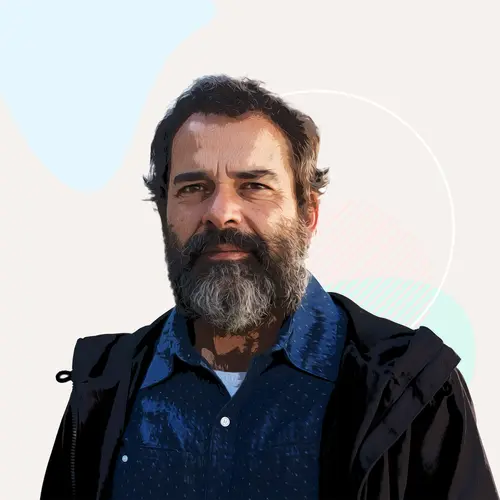If you have mantle cell lymphoma, you'll likely see a variety of experts who will figure out the stage of your cancer, come up with a treatment plan, and help you manage side effects. Your team may include specialists like hematologists, oncologists, and social workers. Find out what these health pros do and talk to your primary care doctor to see who you need on your side.
Hematologist-Oncologist
A hematologist-oncologist is an expert in treating blood cancers, including mantle cell lymphoma. Because it's a rare disease, many oncologists don't have a lot of experience in treating it. That's why it's best, if possible, to see a hematologist-oncologist who often treats people with lymphoma.
Hematologist
If you already see a hematologist-oncologist, you probably won't also see a hematologist -- a doctor who treats blood disorders. You're most likely to see a hematologist if your main doctor is a general oncologist.
A hematologist may also be the specialist who does stem cell therapy for mantle cell lymphoma.
Surgical Oncologist
You may go to a surgical oncologist if you need a procedure.
This specialist will likely be the one who helps diagnose your mantle cell lymphoma by doing a lymph node biopsy -- a procedure that removes a small piece of one of these organs to check for cancer cells.
Pathologist or Hematopathologist
Pathologists specialize in analyzing cells and tissues. If you've had a biopsy, they're likely the one who will look at the sample under a microscope to check for signs of mantle cell lymphoma.
Hematopathologists have extra training to check samples of blood, bone marrow, and other tissue. Both experts play a key role in confirming your diagnosis.
Radiology Technician and Radiologist
After you get a diagnosis of mantle cell lymphoma, you'll likely need a few imaging tests, such as a chest X-ray, body CT scan, PET scan, bone scan, MRI, or ultrasound. A radiologist technician is the expert who usually does these exams.
A radiologist is the medical doctor who looks at the pictures, interprets the results, and figures out the stage of your cancer.
Oncology Nurse
An oncology nurse is trained in treating cancer patients. They might do some of your checkups or give you information about treatment options and side effects.
Oncology nurses are generally the experts who give you chemotherapy or treatments that you get directly into your vein.
Physician Assistant
A physician assistant works closely with your oncologist. They may examine you, guide you through treatment, and assist during procedures.
Depending on the regulations in your state, a physician assistant might also be the one who writes your prescriptions for medications that you take by mouth.
Patient Navigator or Social Worker
Patient navigators and social workers aren't medical doctors but experts who can give you valuable support. They might coordinate care by different members of your medical team or connect you with mental health professionals and support groups.
They may also help you get the insurance benefits you're entitled to or put you in touch with financial aid programs.
Clinical Research Coordinator
You may decide to join a clinical trial -- a medical study that lets you try experimental treatments that aren't yet available to everyone. If you take part, you'll likely work with a research coordinator, who enrolls people in clinical trials and helps carry out the study.
Depending on your needs, your doctor may suggest you see other health pros who help people manage treatment side effects and improve their strength. These experts include nutritionists, who can counsel you on your diet. You might see a mind-body medicine practitioner such as a massage therapist or acupuncturist. Other specialists that can be helpful are pain management doctors, chiropractors, and physical therapists.
